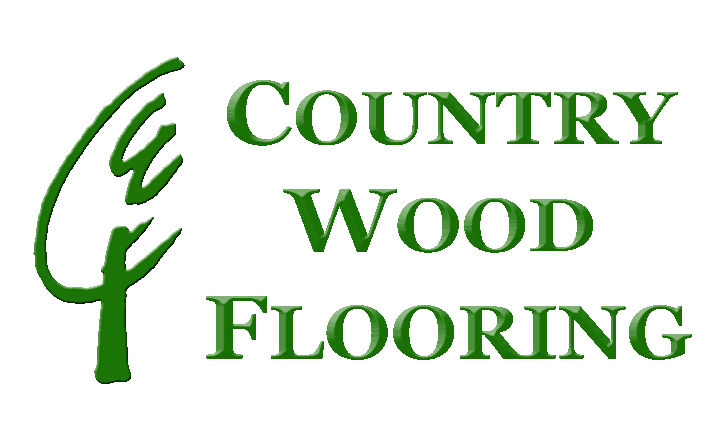Q2, Why using Real Hardwood Flooring (both Solid and Engineered)
A. No other flooring offers the warmth, beauty, and value of wood. Wood flooring enhances the d??cor of any room, and provides timeless beauty that will increase in value throughout the years.
Some quick reasons why you should choose real wood:
Natural, warm, authentic color.
Simple, yet decorative for any room in the house.
Rugged, yet charming.
Durable, yet easy to care for.
Beauty that's hard to tire of.
Lifetime guarantee.
Adds real value to a home.
Q3, What's benefit of the real hardwood floors (Both of Solid Hardwood and Engineered Hardwood)
A. Affordable: Wood floors add value to your residence at resale time, not to mention it is a lifetime product. They increase in value as your home does. Hardwood floor products are one of the most sought after hard surface flooring in remolding and new home construction.
Easy to Maintain: Routine maintenance is a little more than simple sweeping and vacuuming, always making sure your hardwood floors are protected from moisture and heavy wear which creates scratches. we recommend that area rugs, floor protectors should be used on all furniture on your hardwood floors.
Ecological Sound: Unlike most floor coverings, wood floors come from a natural resource that is sustainable. Long gone are the days when timber was cut down with little thought for the long term consequences on the nation's forests. Today most timber is cut from forests that are carefully managed to ensure continued resources in the future. In fact, there is more standing hardwood timber today than there was 50 years ago.
Healthy: The Environmental Protection Agency has said that indoor air quality is one of our top health threats. Installed in the home or elsewhere, wood floors help contribute to a healthy living environment. Hard surface flooring such as hardwood floors does not rap or harbor dust mites or molds. That creates better air quality for all inhabitants, but especially for the estimated 35 million Americans who suffer from allergies. The hard surface of wood floors also helps avoid artificial substances such as pesticides that can accumulate on some floor coverings. A recent EPA study found that pesticides used in gardens and homes accumulate on floors and other surfaces in the home, but that wood floors greatly reduce the accumulation of such toxins. Another concern for the home environment is the off-gassing of toxins that results from some synthetic materials. Any of these chemicals can make people in the home chronically ill.
Selection and Variety: With today's technologically advanced manufacturing, stains and finishes, hardwood floors come in many sizes, styles, colors, finishes and species. These many choices can compliment any home or office with style and a beautiful product that last a lifetime.
Q4, WHAT IS SOLID HARDWOOD FLOOR
A. Solid wood floors are one solid piece of wood that have tongue and groove sides and come in pre-finished styles. All Solid hardwood floors come with micro-bevels. Optional Sizes are available for the width, including 2 1/4", 3", 3 1/4" and wider. The strips (2 1/4") and the planks (3" or wider) are generally in random lengths from 15" ?C 60" by the thickness 3/4 ". The most common wood species used for solid floors are red oak, white oak, and maple.
Q5. What is engineered hardwood flooring
A. Engineered hardwood flooring is flooring manufactured by using hardwood with a cross-directional laminated construction (usually 3 to 10 layers), with a top layer of premium hardwood. The layers are glued together by environment-protected glue with their grain running in opposite directions, which reduces the amount of expansion and contraction.
Q6. What's difference between Real Hardwood and Carpet
A. Carpeting is more economical, right Actually, carpeting lasts between seven and ten years under normal residential use. Hardwood floors can last a lifetime and are always in style.
Here's a 30-year comparison test you can use when trying to decide between carpeting or wood flooring. Say you installed a hardwood floor. It would typically last for 30 years. During that same period you probably would have to install new carpeting four or five times. At that rate, the hardwood flooring actually costs less than the cumulative cost of all the carpeting you would have to install.
Another thing you need to consider is the cleanliness of your home. A large American company that recycles old carpeting has stated that most used carpeting it receives for processing contains at least 35% of its weight in household dirt. The families who owned this old carpeting were actually walking, or crawling on dirt. Hardwood flooring is simply cleaner. If it is dirty, the dirt is plainly visible to the eye, not hidden within carpet fibers. Hardwood flooring my be your best buy and most solid investment.
Q7. What's the different between Solid Hardwood and Engineered hardwood
